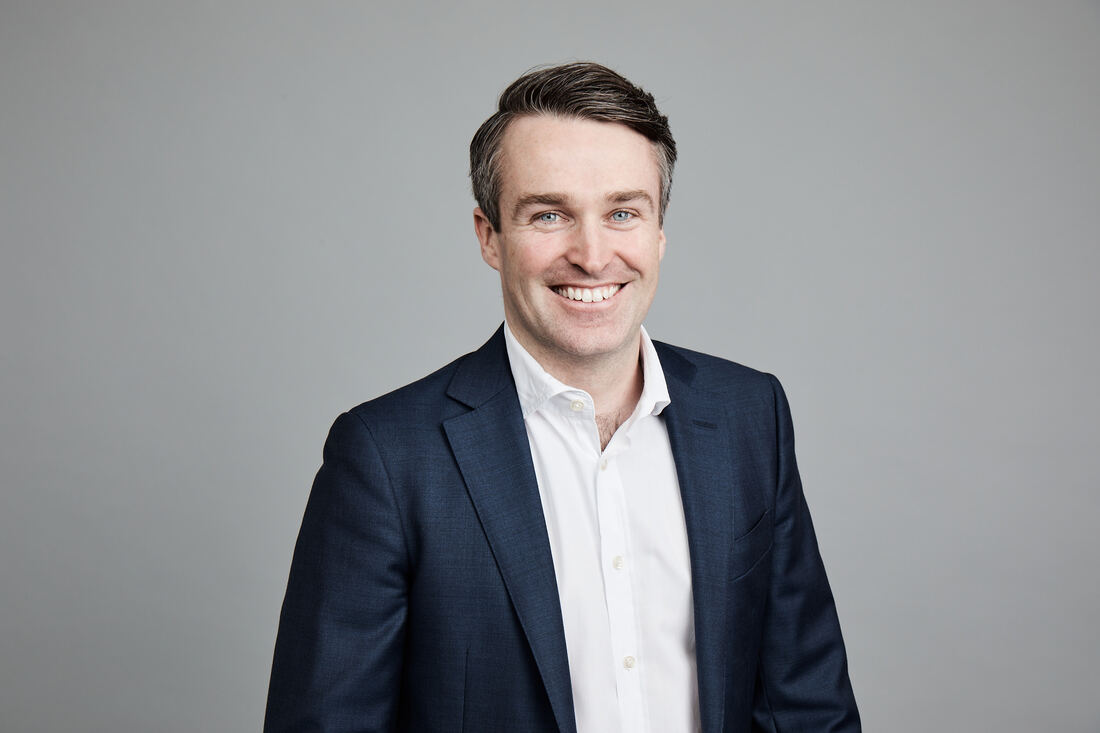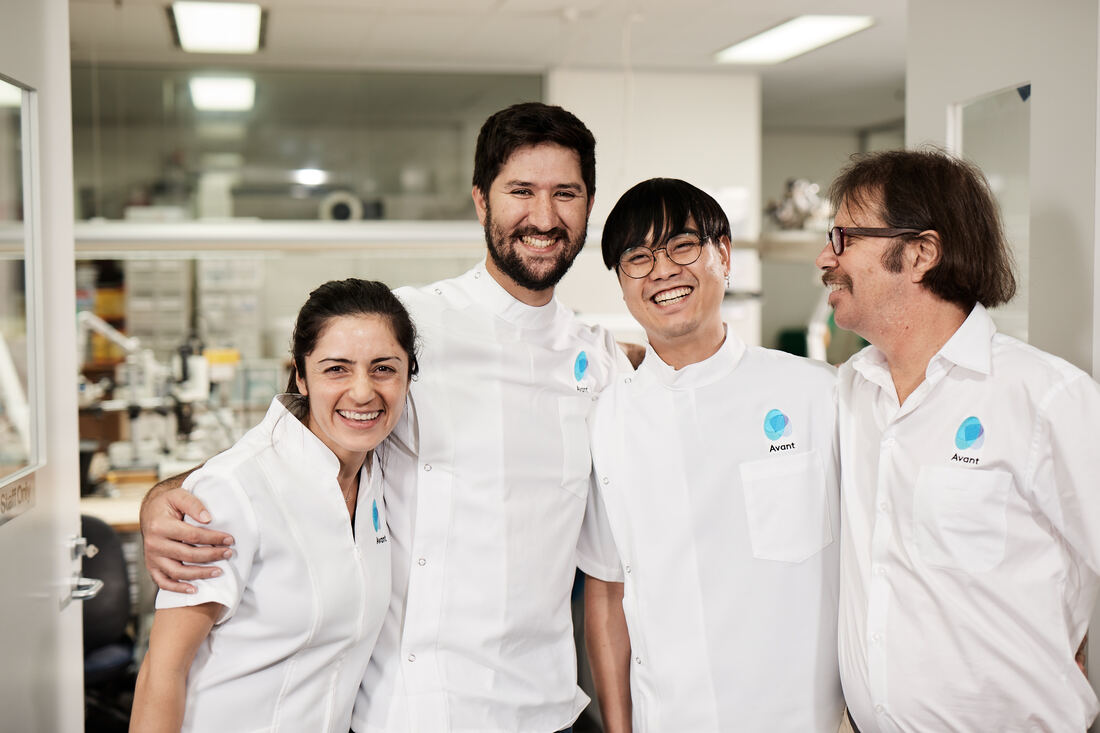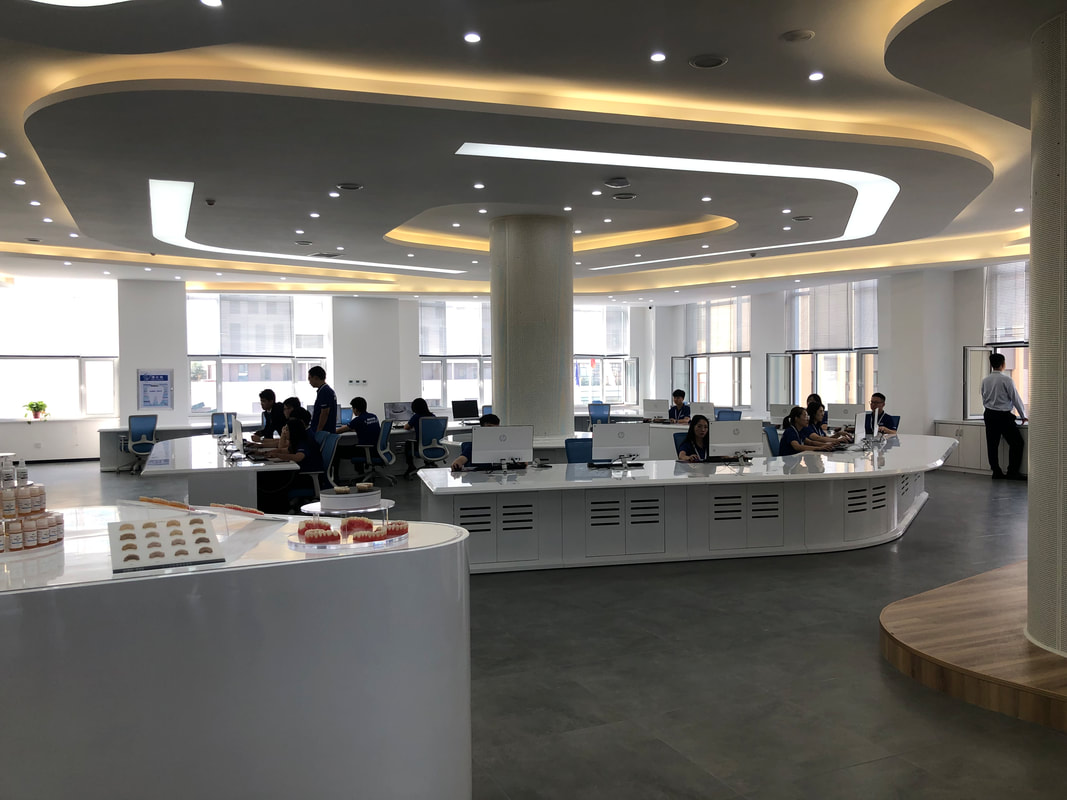By Danny Chan
What’s in a company name? It’s often the first point of differentiation between your business entity and those of your competitors. It also reflects your corporate identity, which means that it should succinctly capture the outlook, ethos or function of your business.
That is true of Avant, the lab formerly known as Australian Dental Lab. Most commonly used as a subset of the term “avant-garde” – defined as “new and experimental ideas and methods” – the new moniker suggests a breaking away from old ways of doing things and taking them to another level. This name change reflects the bold direction the established lab of 40-plus years has embarked on.
Besides an embodiment of their future-oriented business plan and outlook, Richard Salter, Avant’s Managing Director, says there’s another practical reason for the name change:
“Most brands in our space have the words “dental lab” in their names and many get abbreviated like ADL. We wanted to define our own position in the market.”
Richard believes that in step with building brand awareness, Avant must also ensure a smooth transition for existing customers.
“We have very strong relationships with our current customers, some of which have been sending cases to our team for over 40 years. We leverage 40-plus years of experience and relationships to always treat our customers as the first priority.”
As well as helping dentists adapt to an evolving marketplace, the rebranding exercise heralds Avant’s enthusiastic adoption of cutting edge digital equipment, business processes and delivery platforms.
Ian Feigen, Avant’s General Manager, says the growing impact of digital dentistry precludes dentists and labs from having a “business-as-usual” mindset:
“High quality dental materials like Zirconia are increasingly being made with CAD milling and 3D printing in mind. Digital technology is revolutionising the way dentists prepare and transmit their cases while enhancing the speed and accuracy with which cases are being processed and delivered.”
“Dentists and dental labs that remain on the old paradigm will find it harder to compete. Whichever industry you’re looking at, the trend tends to favour the more tech savvy – and the dental industry is no exception.”
One of Avant’s responses to the tech revolution is to partner with a Chinese lab, which Ian claims is one of, if not the most, digitally focused manufacturing labs in the world. Based in Shenzhen, the Mainland’s high-tech hub, the lab’s level of technological sophistication is difficult to match or replicate in Australia.
“Due to the sheer size of their international volume, output and manpower, our Chinese manufacturer can afford to invest in the very latest and most advanced equipment available.”
“That’s the kind of leverage that Avant will use to support Australian dentists who are looking for high quality products with speedy turnarounds.”
Richard proffers that not only labs are bracing themselves for the digital impact, dentists too are required to reinvent and adapt:
“From the way they market themselves to how they on board a patient to how they capture an impression, dentists must embrace technology, or they will be left behind. Patients assume the best dentists will embrace this technology.”
Outsourcing dental work to emerging economies like China remains a sticking point, especially with regards to the question of quality control and technical oversight. Both Richard and Ian contend that times have changed.
“30 years ago, the offshore labs were not as good and used inferior products. That is not the case today. Modern digital lab processes have levelled the playing field to the point where you would find increasingly negligible quality differences between digitally-equipped manufacturers,” Ian explains.
Richard adds: “This digitisation has meant that offshore providers through greater scalability and access to technology and materials have surpassed the quality of what can often be produced onshore. Avant gives access to this. Dentists must embrace this change and pass on these advantages to their patients.”
Still, in terms of quality control, Avant leaves nothing to chance. Local lab technicians check every case before it reaches the customer. This serves as a final checkpoint to provide customers an additional layer of assurance, as with production-side QC stipulations.
“Although the quality of work at the offshore lab is very high, we stipulate to all the manufacturers that they must use the exact same products and materials as we use in our own labs. All these products must have accreditation certificates that conform to international standards,” Ian emphasises.
To fully embrace the opportunities and cost benefits that outsourcing provides, Richard believes, demands a shift in mindset:
“The question of outsourcing must be viewed in the context of a dental lab and their relationship with dentists. Dentists must be open-minded to modern technology and materials and think more-so on a global scale.”
“Globalisation and technology have opened up the ability for a dentist to send a dental restoration case digitally to China, America or Europe in minutes – what in the past would have taken a couple of days.”
To help dentists navigate a dynamic business environment, he believes that Avant customers have a distinct competitive edge. Banking on the lab’s scalability, quality products and assurance as well as close client communication – led by Ian, formerly a Ceramist with 43 years of experience – Richard supports his claim with dollars-and-sense reasoning:
“Quality restorations means patients will be happy. Serviced by, and access to experienced technicians saves critical clinical time which, in turn, saves money. Competitive pricing allows dentists the flexibility to be more competitive or increase margins.”





 RSS Feed
RSS Feed
